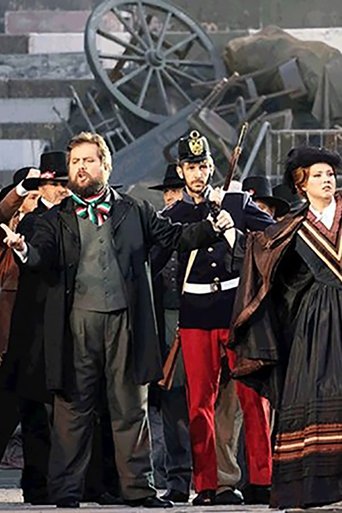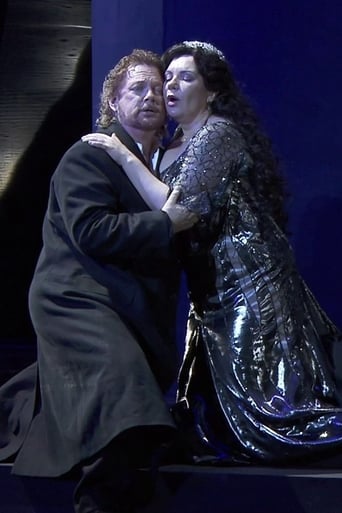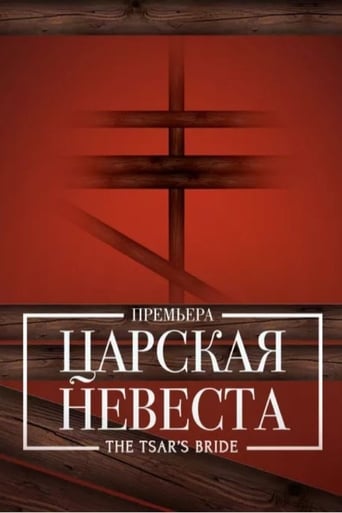Nabucco
Jul 18, 2018Jérusalem pleure la défaite qui met son sort entre les mains de Nabucco, le roi de Babylone. Ismaël les avertit que ce dernier s'approche du Temple. Il reste seul avec Ferena, la fille du roi babylonien, prise en otage par les Hébreux, et lui avoue son amour. Or la soeur de Ferena, Abigaille, aime aussi Ismaël. Dans cette nouvelle mise en scène, Arnaud Bernard replace l'intrigue dans le cadre esthétique du Risorgimento italien. Lors de sa création à la Scala de Milan en 1842, Nabucco triompha immédiatement. Dans une Italie alors en proie aux mouvements nationalistes, le public s'identifie immédiatement aux Hébreux retenus en captivité à Babylone. Le choeur des esclaves «Va, pensiero» devient ainsi l'un des airs les plus célèbres de l'histoire de l'art lyrique.


